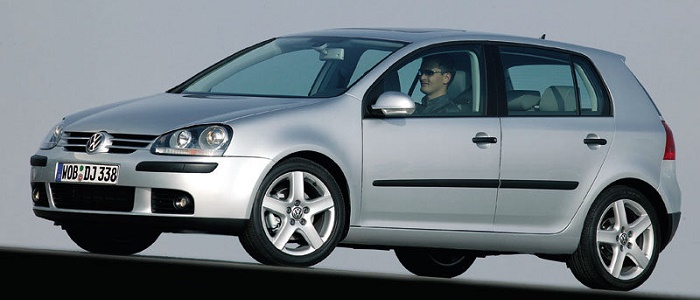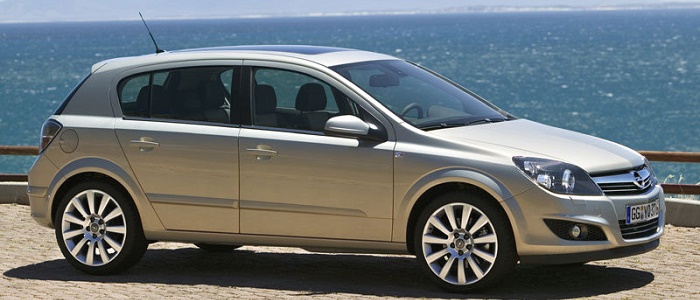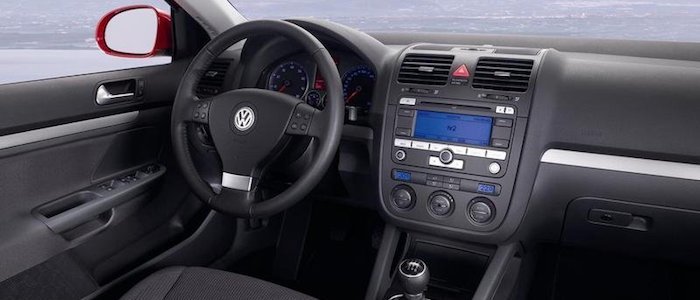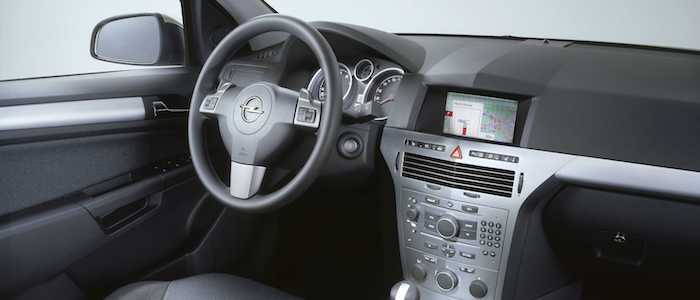Compare two cars
Compare any two cars and get our Virtual Adviser™ opinion
Marketing
Dimensons & Outlines
Engine
Performance (manual gearbox)
Performance (automatic gearbox)
Expenses
Virtual Adviser's™ opinion
Two significantly similar cars, no doubt about that. Still, each one has something different to offer. Having both cars powered by petrol engines and utilizing the 5-door hatchback body style within the same 'Small family car' segment, the only major difference here really is their wheel drive configuration (4 x 4 for the Volkswagen and front in the case of the Opel). The first one has a Volkswagen-engineered powertrain under the hood, a 4-cylinder, 16-valves 150hp unit, while the other one gets its power and torque from a 4-cylinder, 16-valves 140hp engine designed by Opel.
SafetyA starting point here would be to take a look at the results from European New Car Assessment Programme (Euro NCAP) tests which were performed on both of the cars, with the same number of safety stars gained in the process. That aside, let's consider some other aspects which affect safety. Both vehicles belong to the small family car segment, which is generally classifying them somewhere in the middle safety-wise, still it doesn't help us solve our dilemma, does it? Furthermore, if we'd like to consider vehicle mass in this context too, which we definitely should, Golf offers a considerable difference of 14% more metal.
ReliabilityManufacturers have been building their reliability reputation for decades now and, generally speaking, it appears that both brands display similar results in faults and breakdowns, all the models observed together. That's the official data, while our visitors describe reliability of Volkswagen, as well as Opel, with the same average rating of 4.2 out of 5. Some independent research have also placed Golf as average reliability-wise, and Astra is more or less at the same level.That apart, owners of different cars powered by the same engine as Golf rank it on average as 4.8, while the one under the competitor's bonnet gets 4.5 out of 5.
Performance & Fuel economyVolkswagen is undoubtly more agile, reaching 100km/h in 1 seconds less than its competitor. Still, it lacks the power to win the top speed competition, topping at 207 kilometers per hour, 1km/h less than the other car. When it comes to fuel economy the winner has to be Astra, averaging around 7.1 liters of fuel per 100 kilometers (40 mpg), in combined cycle. We can't ignore that 21% difference compared to Golf.
Verdict
Volkswagen appears just a bit more reliable, although the difference is truly marginal. The most important thing when deciding between any two vehicles should always be safety, both passive and active. In my opinion, everything taken into account, Golf offers significantly better overall protection, taking the lead here. It all continues in the same direction, with Volkswagen being considerably quicker, thus putting more smile on driver's face. It does come at a cost though, and that's the fuel consumption... At the end, as much as I'd like to give you a winner here, it's simply a pure tie if you ask me. In any case that's my personal view, built upon all the data available to me. What should decide here though is the way you feel about the two vehicles, and I hope you'll find my guidelines useful in the process. I suggest you spend two more minutes in order to find out which car, based on your needs and budget, would be picked by the virtual adviser™, among thousands of similar, yet so different vehicles.

































